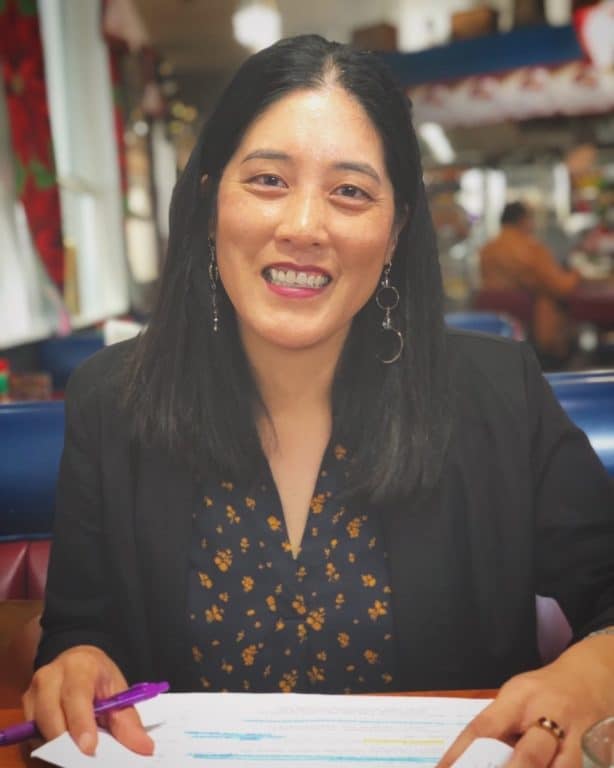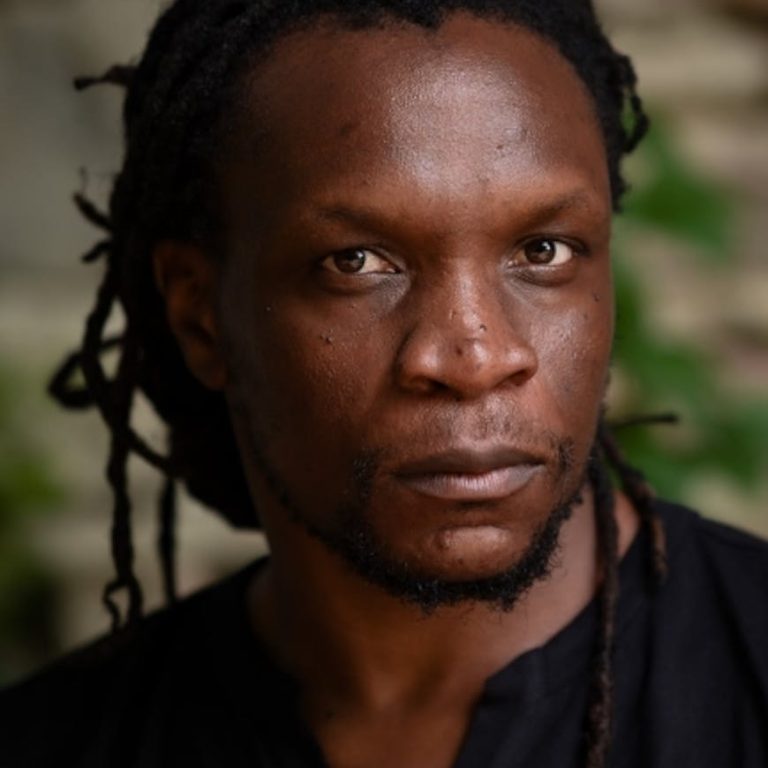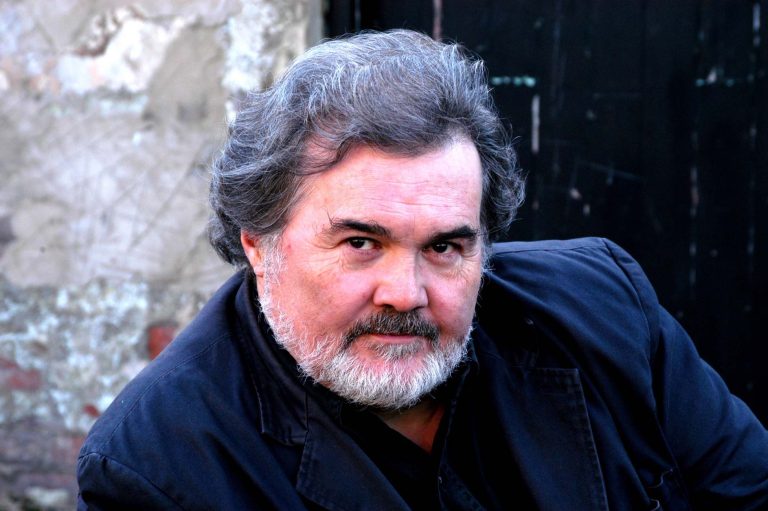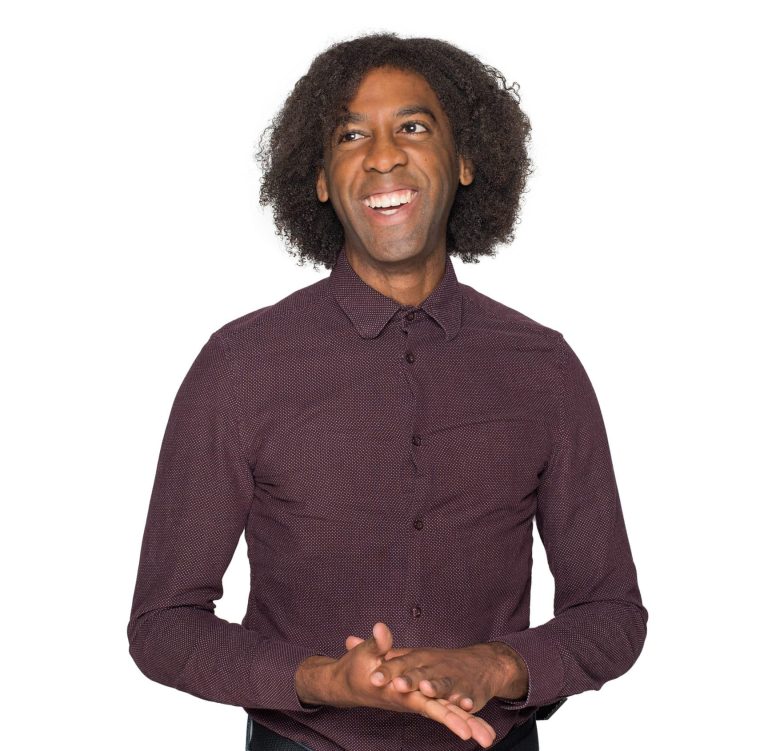When a poem is spare and succinct, how that affects readers may differ widely. Does it make the poem cold and clinical? Conversely, does the poem come across as more honest if it is unembellished and to the point? Is there a greater sense of calm – or perhaps a stronger sense of emotion – with fewer, presumably well chosen, possibly more powerful words? Michael Palmer’s “Soon”, from his 2006 Griffin Poetry Prize shortlisted collection Company of Moths, quietly stirs up these questions.
The brief, unadorned presentation of Palmer’s poem is reminiscent of, though not strictly structured as, haiku. Surprisingly, in 471 weeks of considering Poems of the Week drawn from Griffin Poetry Prize shortlisted works, we’ve rarely come across the influential and much-emulated form. Not mentioned in Poem of the Week notes, but rather in the judges’ citation, Jane Munro’s 2015 Griffin Poetry Prize winning collection Blue Sonoma is commended for work with “the directness and clarity of haiku”.
Palmer’s poems in Company of Moths seem to apply haiku-like constraints to achieve, like Munro, direct, clear words. The elegant simplicity of “Soon” imbues the words with both a sense of wise plainspokenness and timelessness. At a time when we perhaps have a particular appetite for it, the poem is glowingly prescient, although it was published over 15 years ago … which feels like an eternity.
Amidst its simple words and phrases, though, something intricate is being played with the sense of time.
“Soon the present will arrive
at the end of its long voyage”
suggests that we or someone has been living in the past to this point.
Fascinatingly, the concept of “future-past” is that something would have or should have happened in the past, but didn’t necessarily. With the arrival of the present, the Now (importantly, maybe ominously capitalized), does this mean that we or someone has been living with regrets?
The poem also features a notable and slightly disorienting absence of punctuation, when clearly statements are being made and questions are being asked. So in fact, the poem is not as simple and straightforward as it appears at first glance. Does this inform the title – “Soon” – with hope or trepidation?



